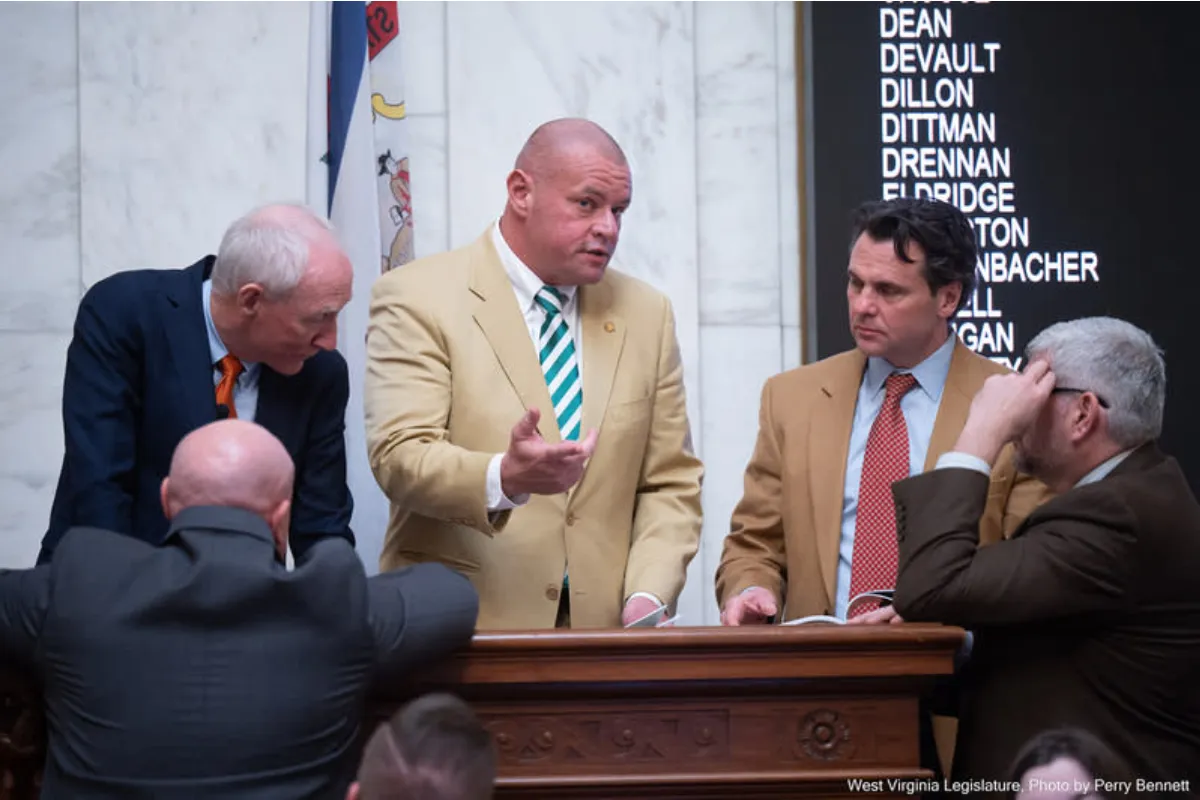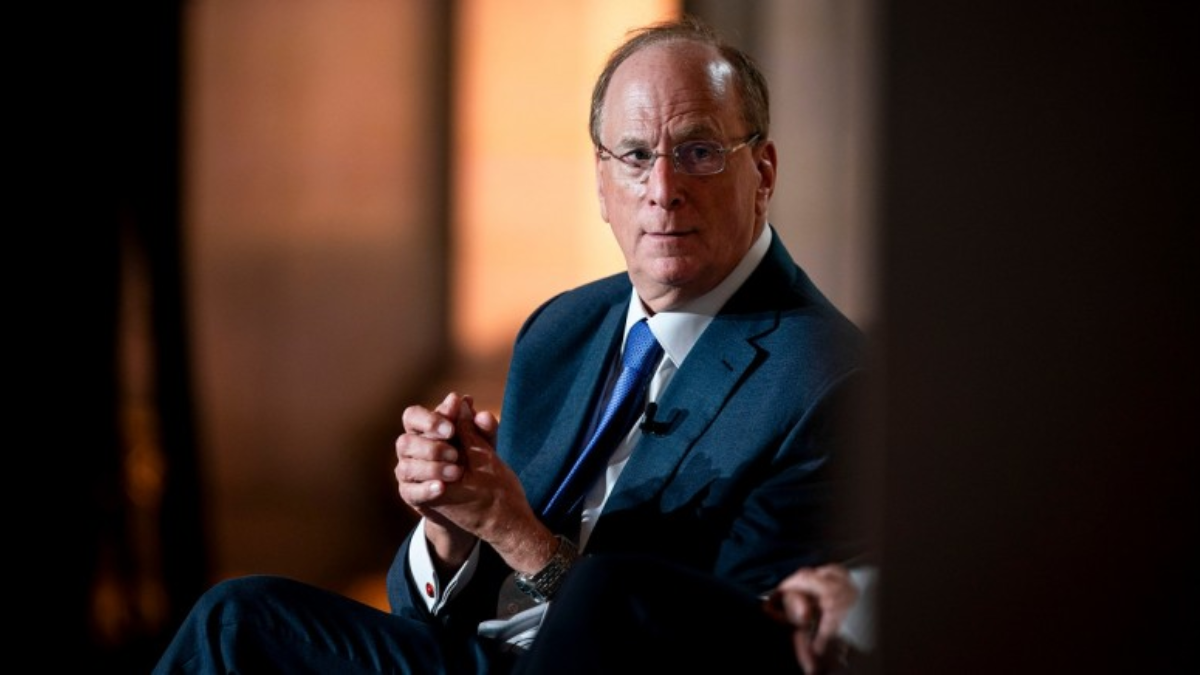An attempt to bring West Virginia’s stalled Certificate of Need (CON) repeal bill back to life failed in the House of Delegates on Friday after a contentious debate over parliamentary procedures. The bill, House Bill 2007 (HB 2007), was initially introduced by Gov. Patrick Morrisey but was voted down in committee last month.
The Failed Motion to Revive HB 2007
On Friday morning, Del. Chris Anders, R-Berkeley, moved to discharge HB 2007 from committee, allowing it to be considered by the full House. However, the motion was overwhelmingly rejected, with only 16 delegates voting in favor and 74 opposing. Ten members were absent or did not vote.
HB 2007 aimed to repeal the state’s CON program and dissolve the West Virginia Health Care Authority, which oversees CON applications. The repeal would have taken effect on January 1, 2026. The bill also sought to maintain a moratorium on new nursing home beds, methadone clinics, intermediate care facilities, substance use treatment beds, and hospice care services.
Morrisey introduced the bill on February 18, following through on a campaign promise to eliminate the CON program. He emphasized the issue again during his State of the State address on February 12, urging lawmakers to act. However, the House Health and Human Resources Committee narrowly voted against the bill (12-13) on February 24. That same night, a motion to reconsider was also rejected, effectively preventing further committee discussions.
Legislative Hurdles and Procedural Confusion
Had Anders’ motion succeeded, HB 2007 would have been read over three days and brought to the House floor before the upcoming Crossover Day deadline. The deadline requires House bills to be sent to the Senate and vice versa. Meanwhile, the Senate has yet to act on a similar version of the bill.
During Friday’s session, Del. Carl Martin, R-Upshur, attempted to table Anders’ motion, a procedural move meant to end discussion. House Rule 55 allows for such motions, which are typically non-debatable. However, House Speaker Pro Tempore Matthew Rohrbach, R-Cabell, who was presiding in Speaker Roger Hanshaw’s absence, ruled the motion to table out of order. This decision sparked confusion and disagreement.

Heated Debate Over House Rules
Del. Adam Vance, R-Wyoming, questioned why a motion to table was being blocked, pointing out that similar motions were accepted earlier in the week. Rohrbach defended his ruling by citing Mason’s Manual of Legislative Procedure, a parliamentary guide used by many state legislatures.
House Rule 145 states that if the House Rules or the state Constitution do not explicitly address a procedural issue, lawmakers refer to Mason’s Manual, then Jefferson’s Manual, and finally, the U.S. House of Representatives’ rules. Rohrbach acknowledged that House Rule 53 states a motion to table takes precedence over a motion to discharge. However, he argued that Mason’s Manual allowed him to overrule that interpretation.
This decision drew criticism from several lawmakers. Del. Brandon Steele, R-Raleigh, challenged Rohrbach, asserting that the House should follow its own rules before referring to external guidelines. Del. JB Akers, R-Kanawha, supported Steele, saying Mason’s Manual should only be used when House rules are unclear.
Del. Daniel Linville, R-Cabell, admitted he disagreed with the ruling but urged colleagues to support House leadership. “At the end of the day, we’re still taking a vote,” Linville said. “Everyone ought to rally behind Republican leadership.”
However, Del. Jim Butler, R-Mason, argued that lawmakers should prioritize the House’s established rules. “If we’re not going to follow the rules we set, then what are we even doing here?” he asked.
Rohrbach defended his decision, stating that he consulted Speaker Hanshaw, the House Parliamentarian, legal counsel, and the Clerk before making his ruling. “We are following the rules as laid out in Mason’s Manual,” Rohrbach insisted.
The Final Vote and Aftermath
In the end, the House voted 58-31 to uphold Rohrbach’s ruling. Then, members rejected Anders’ motion to discharge HB 2007, effectively sealing the bill’s fate.
Following the vote, House Democrats took advantage of the discharge process to push their own legislative priorities. House Minority Whip Shawn Fluharty, D-Ohio, successfully discharged House Bill 3270, a proposal requiring drug testing for legislators. The bill was removed from the House Judiciary Committee and sent to the House Finance Committee.
Fluharty argued that lawmakers should be held to the same standards as ordinary citizens. “West Virginians watching this fiasco want us to be held accountable,” he said. “They follow drug testing requirements at their jobs—why shouldn’t we?”
The debate over HB 2007 highlighted deep divisions within the House over legislative rules and procedures. While supporters of the CON repeal argued that it would increase healthcare access and competition, opponents used procedural tactics to keep the bill from advancing. With the bill officially blocked, it remains uncertain whether Gov. Morrisey will push for another attempt or shift focus elsewhere.
Meanwhile, the House’s handling of the issue has raised broader concerns about transparency, legislative strategy, and adherence to established rules, setting the stage for further debates in the future.










